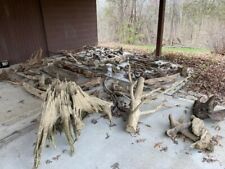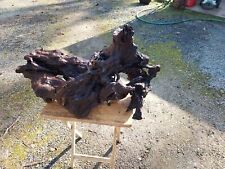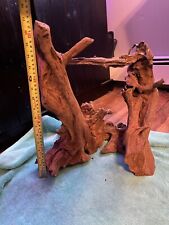FDA Approves First Canine Cancer Drug
The approval of PALLADIA™ (toceranib phosphate) was announced to veterinarians attending the 2009 American College of Veterinary Internal Medicine (ACVIM) Forum and Canadian Veterinary Medical Association Convention, and the drug will be widely available in early 2010.
"Pfizer Animal Health is proud to bring the first canine cancer therapy approved by the FDA to US specialists, their patients and caregivers," said George Fennell, vice president, Companion Animal Division, Pfizer Animal Health. "In the weeks and months ahead, Pfizer will introduce PALLADIA to boarded specialists to expand the body of clinical experience with this new therapy. The experience gained during this time will enable us to support veterinarians more effectively when we make the product available for purchase in early 2010," Fennell said.
According to the Morris Animal Foundation, cancer is a leading cause of death in dogs. Pfizer Animal Health estimates 1.2 million new canine cancer cases are reported in the US every year, of which mast cell tumors are the second most common tumor type and are often seen as lumps in the skin. These tumors are classified as grade I, II or III, with grade III being the most severe. If not treated, they can spread to other parts of the body including lymph nodes. PALLADIA™ is an oral therapy indicated to treat grade II and III recurrent cutaneous mast cell tumors with or without regional lymph node involvement. It works by blocking the activity of key receptors important for the development of blood vessels that supply tumors, as well as receptors critical for tumor survival.
"PALLADIA is an exciting, new treatment option for dogs with mast cell tumors. At the completion of a PALLADIA clinical study, approximately 60% of dogs had their tumors disappear, shrink or stop growing. Also, we determined that dogs whose tumors responded to PALLADIA experienced an improved quality of life," said Cheryl London, DVM, PhD, board certified medical oncologist and associate professor at The Ohio State University College of Veterinary Medicine.














